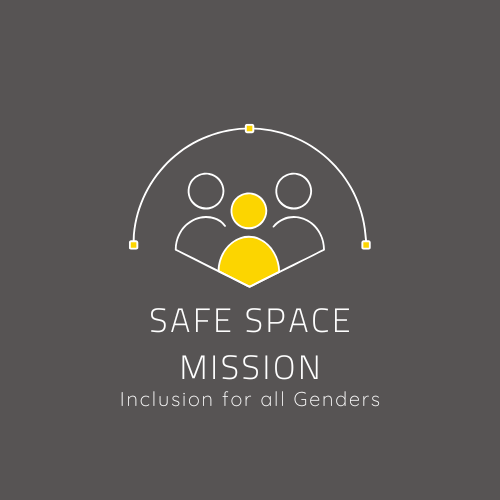Safe Space Mission: Inclusion for all
Genders
The project will consist of a 6-day international training mobility for people who work with young people to constitute a useful introduction to gender dimensions, gender-based issues (including gender-based discrimination
and gender-based violence) by providing reections and methodologies to tackle gender-based issues, specically within the frame of Erasmus+ and ESC projects. The PDA will focus on providing youth workers with the
competences to design, implement, and host their future projects with comfortable environment: creating indeed a “safe space of inclusion”.
The project aims to provide practical methods and resources for education and awareness-raising activities with young people about gender dimension and gender-based issues.
This PDA aims at developing specic key competences which have become increasingly relevant for youth workers, aiming at organizing high-quality projects for young people. Organizing trainings of high quality plays an essential role in promoting the recognition of non-formal education and youth work. The training has been developed within the frame of the ETS Competence Model for Youth Workers to Work Internationally (SALTO-Youth) and specically adapted to European youth work and the principles and values of non-formal learning.
The direct target group of participants for this PDA are youth workers, members of organizations working with youth, and sta members of institutions or governmental youth centers.
Project reference number:
2023-1-IT03-KA151-YOU-000112981
Duration of the project:
25.11.2024- 2.12.2024
The main objective of this Professional Development Activity is to give participants opportunities to exchange experiences, methodologies and activities/workshops about dealing with gender to improve the quality of their projects, but most importantly the well-being of their participants.
Other objectives include:
● To raise awareness among youth workers to understand the meaning of gender and be able to work with and respect dierences within gender dimensions;
● To equip youth workers with key competences and resources on gender dimension and gender issues;
● To improve the ability of youth workers to communicate with young people about recognising and preventing the manifestations and symptoms of discrimination and violence, both in relation to themselves and in relation to other youngsters;
● To encourage and support the democratic participation of young people in participating communities, through increasing the inclusion of groups at risk of exclusion and who are dealing with gender issues, or gender-based violence or discrimination;
● To increase the impact of the Erasmus+ project on specic indirect target groups;
● To enhance the recognition of the Youthpass, through the recognition of the Competences of Youth Workers within the framework of the European Training Strategy;




